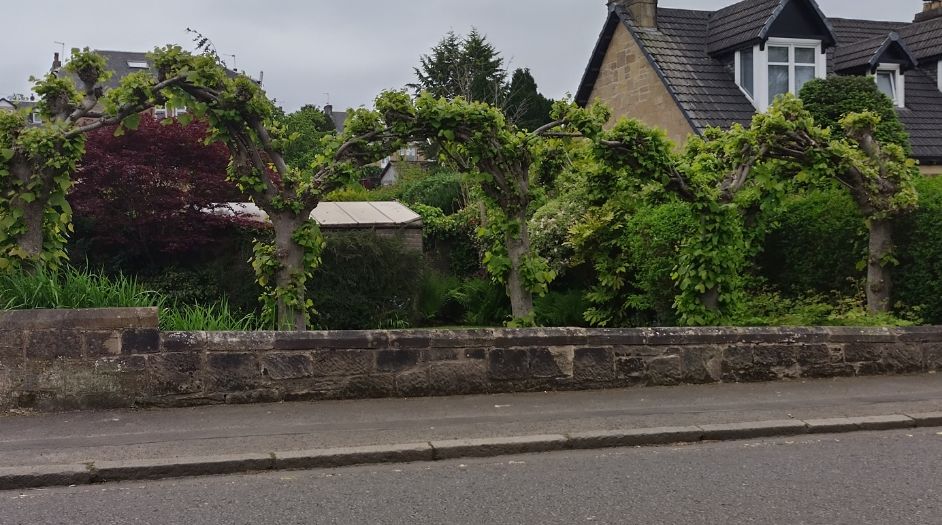
I’m thinking a lot at the moment about ‘heritage’. It is a loaded word, often used to create barriers around places, or topics or art forms, that say ‘Mine! Keep out!’ Living in a culture that has been both colonised, and complicit in colonising other cultures, it feels like a minefield. But the concept is so useful, in so many different contexts, that it’s worth pursuing – with caution.
I watched Once Upon a Time in Belfast on the BBC. It was less of a shock to me than to many people who watched it, as they realised how much about daily life in Northern Ireland during the Troubles they didn’t know. But I worked for a while in a university chaplaincy which students from Northern Ireland used. It was a fully ecumenical space, which presented them with challenges, even at the level of small talk. You didn’t ask a Northern Irish student which school they had gone to, for instance, and you had to be circumspect about sports conversations. They were extremely wary about sudden noises, like cars backfiring, and there were nuances around place names that we didn’t always get. But it’s clear now that there was so much more to the conflict than we realised. I’ve just finished editing a poetry collection by Charlie Gracie dealing with his grandfather’s emigration to Scotland early in the twentieth century, and the impact the sectarian divide had had on his family over three generations – family estrangements, reconciliations, managed truces and the shaping of personalities. And my friend and fellow-geopoetician, Laura Hope-Gill, from Asheville in North Carolina, has just started a project called the Story Shepherds which ‘seeks to recognize people who have explored their stories and developed the particular kind of listening stories require in order to access their deep medicine for healing trauma and reconnecting with humanity’. This project grew from a return to her family roots in Northern Ireland, during which she met survivors of the troubles from both sides, who have begun the process of healing and reconciliation through their stories.
I’ve also followed the activities of the Sheiling Project, an of-grid learning centre in the Highlands. This is a place where people can learn traditional skils of farming, building and crafting, but it’s more than a nostalgic revival. These skills and this knowledge may be the key to living more sustainably in the future, as we embrace more regenerative styles of farming and land use, crops more suited to local food security, or lower-energy homes and business. The project has embraced the use of Gaelic too, recognising that much detailed knowledge of the land and people is embedded in the language. It’s a fascinating project, which deserves to be much better known.
And finally there is the Grit Orchestra, which opened the Edinburgh International Festival. This is an enormous undertaking, based on the work of Martyn Bennett, and I can’t describe it better than I did in this poem, which first appeared in Scotia Extremis.
You Play the Melody
You play the melody on the chanter
Martin Bennett, Grit
You play the melody on the chanter
on street corners, in pubs, in concert halls,
the basements of churches and salons
in exclusive buildings, in all the forms.
Traditional is classic, and a mixing desk
brings boxes and puirt a beul and beats
to reels and travellers songs, and the conductor’s
voice breaks as he says it. You play the melody.
We play the melody, of course we do.
We’re Celts, an almost imaginary nation,
undefined in history, and known
without blood-lines or boundaries or map,
but recognised in an upbeat by the lack
of reverence for the things we cherish.
We can make them new, and keep them safe
in one burst of music. In January, in Glasgow,
anyone can be Celtic, and we’re all connected.
There is a wealth of traditional musical knowledge in the work of the Grit Orchestra, as you would expect, but also classical musicianship (Nicola Benedetti played with them this year), and the inventive use of hip-hop and dance music. The Chanter this time got a makeover which sounded like canntaireachd goes to Ibiza, and it was mind-blowing. And this is the point. You have to know and love and respect your own heritage, but the boundaries, edgelands and marginal places have to be porous – open to dialogue and mutual influence. I will have a lot more to say about canntaireachd over the next few moths, it’s the most fascinating concept I’ve come across in ages. If you don’t know what it is, you can make a start here.